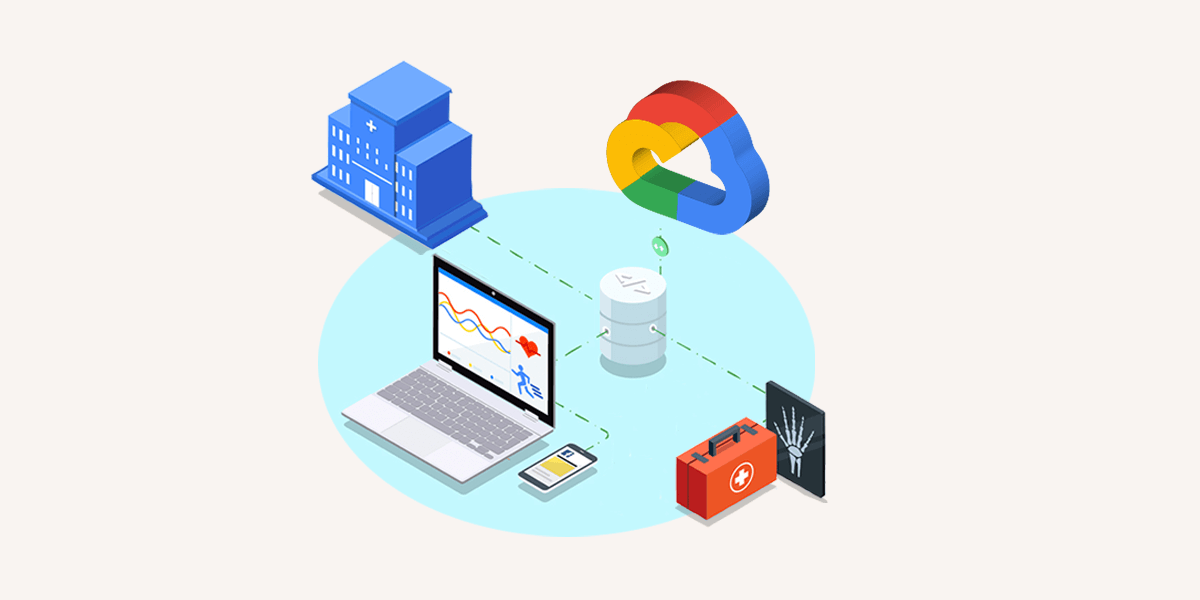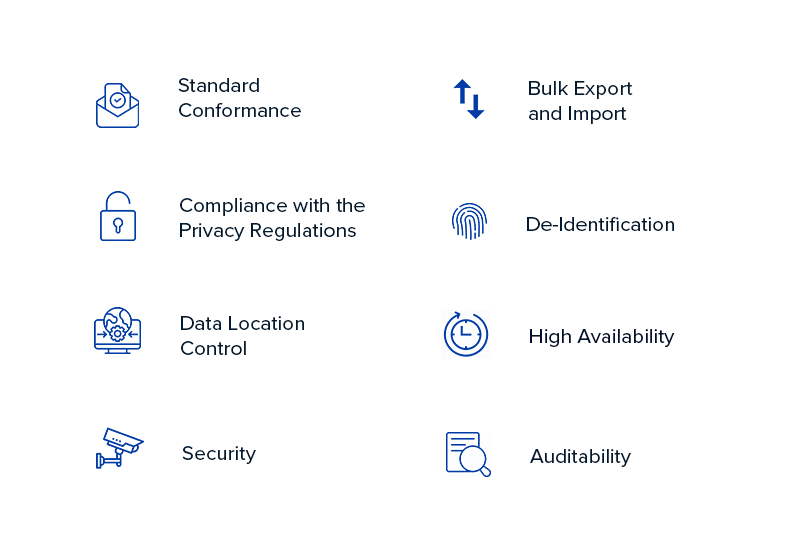
Google Cloud Health API: Revolutionizing Healthcare Through Advanced Digital Solutions
Google Cloud Healthcare API serves as a secure, scalable bridge between existing healthcare systems and cloud-based applications. This fully managed service enables healthcare organizations to store, access, and analyze medical data while maintaining compliance with industry standards.
Key Features:
- Standards Compliance: Supports FHIR, HL7v2, and DICOM protocols
- Security & Privacy: Compliant with HIPAA, PIPEDA, and international standards
- Data Control: Regional storage options with 99.999999999% durability
- Advanced Analytics: Integration with BigQuery and ML tools
- De-identification: Built-in capabilities for research purposes
- High Performance: Scales to thousands of requests per second

Google Cloud Health API impact diagram
Core Benefits:
- Economical
- Pay-as-you-go pricing
- Reduced infrastructure costs
- Inclusive maintenance
- Operational
- Enhanced security
- Scalable storage
- Streamlined processes
- Functional
- Improved interoperability
- Remote access capability
- Better patient care coordination
Implementation Considerations:
- Access Control: Define rules at dataset and store levels
- Data Classification: Organize by application requirements
- Source System Integration: Separate data by origin
- Intended Use: Group data based on purpose
- Privacy Protection: Separate PHI from de-identified data
Notable Users:
- M*Modal: AI-powered clinical documentation
- Lahey Health: Enhanced security and collaboration
- Chilean Health Ministry: Nationwide API connectivity
- Cleveland Clinic: Advanced analytics and predictive modeling

Features of Google Healthcare API
Pricing factors include data storage, request volume, notification volume, ETL operations, de-identification operations, consent management, and network usage.
The API continues to evolve, making healthcare more accessible, efficient, and data-driven while maintaining strict security and compliance standards.
Related Articles

10 Technologies Revolutionizing Modern Home Healthcare in 2024

